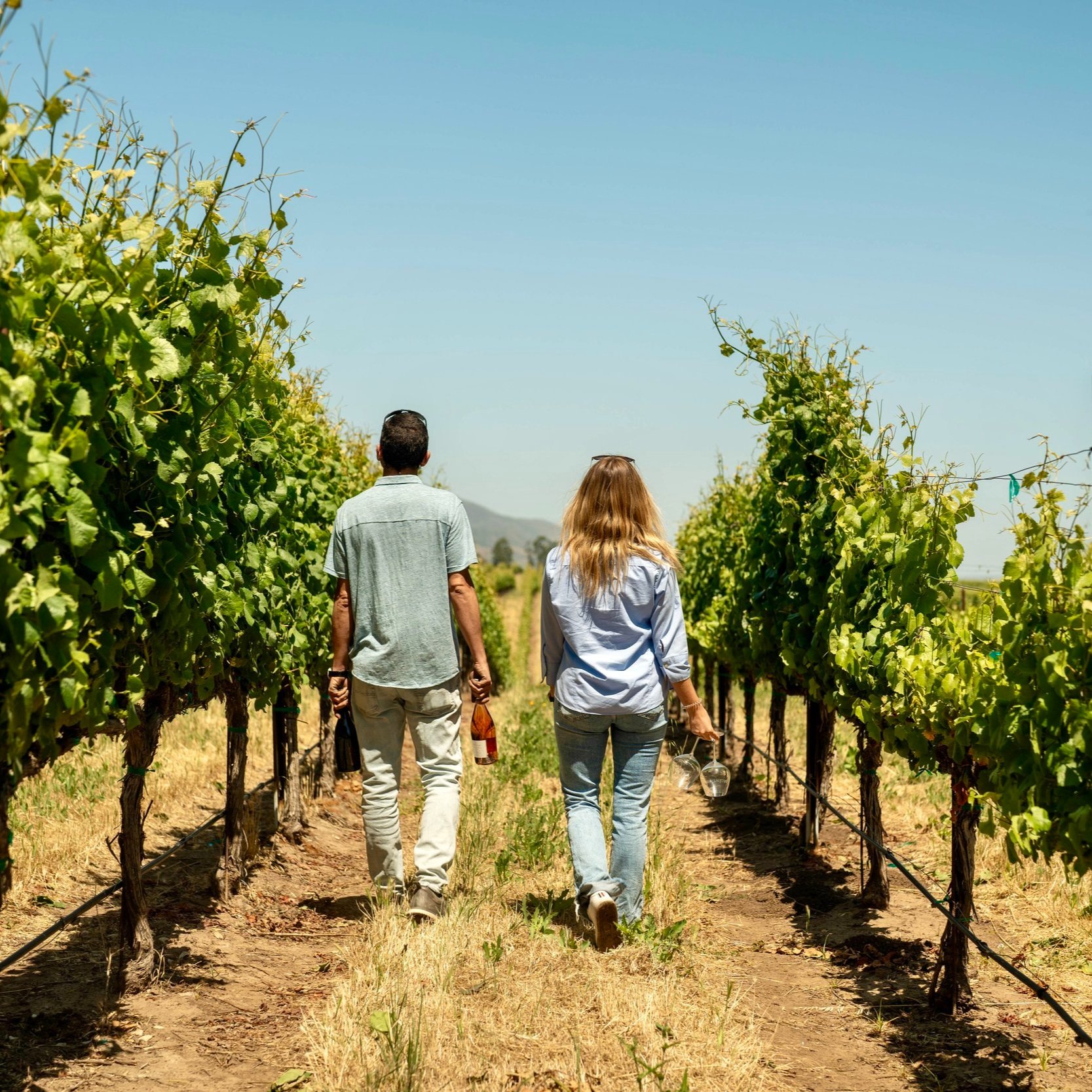
High-quality Carbon Dioxide Removal Credits
For a Regenerative Future.
From Feedstock transformation to CDR Certification, Sitos Group Oversees Every Step of Our Carbon's Journey.
Sitos Group’s CDR Credits are Verified and Traceable Using the Process Below.
Source
〰️
Source 〰️
Sourcing Feedstock
Sitos Group's business model revolves around sourcing and repurposing organic by-products into feedstock. This approach involves identifying existing waste streams and implementing sustainable practices to create high-quality biochar, aligning with principles of environmental conservation and circular economy.
Complete Transformation
Through the regulated process of slow pyrolysis, the organic feedstock undergoes a comprehensive transformation into biochar. This method guarantees the conversion of organic materials into biochar with a high carbon content, ensuring its long-lasting efficacy in the soil.
Biochar
Our process yields 1 ton of biochar for every 3 tons of organic feedstock. This sustainable transformation results in biochar with a remarkable carbon content of 85% or higher, standing strong against soil degradation and proving its effectiveness is sequestering carbon.
Market Gateway
〰️
Market Gateway 〰️
Verified Life Cycle Assessment (LCA)
Sitos Group's biochar production and carbon sequestration methods have undergone a thorough life-cycle assessment, revealing that for every ton of biochar, approximately 2.5 certified carbon dioxide removal (CDR) credits are generated. This evaluation underscores Sitos Group’s commitment to environmentally impactful practices and carbon removal initiatives.
Mix Biochar With Compost
When ready, Sitos Group integrates the biochar into high-grade compost, effectively sequestering carbon. Yet, the carbon journey doesn't conclude there—Sitos Group takes our commitment further by meticulously tracing the biochar/compost blend to the soil application, ensuring the full traceability and durability of our carbon removal practices.
Preservation
〰️
Sequestration
〰️
Preservation 〰️ Sequestration 〰️
Compost Biochar Blend Applied to an Agricultural Setting.
Sitos Group maintains the traceability of our carbon by applying the biochar-compost blend to the soil using our in-house biochar injection equipment. This commitment to accountability ensures transparency in our sustainable practices throughout the entire lifecycle of the carbon.
Carbon Dioxide Removal Credits
Sitos Group's meticulous tracking of their carbon’s life cycle, coupled with the co-benefits of our biochar production through slow pyrolysis, not only enhances the quality and lasting impact of our credits, but also showcases our commitment to regeneration and positive contributions to both the environment and local communities. This participation in the carbon process leads to the creation of high-quality, durable carbon credits.
Co-benefits Supported
By Biochar-based CDR
-
Biochar significantly enhances soil health by improving water retention, nutrient availability, and fostering a conducive environment for beneficial microbial activity.
-
The production process of biochar not only contributes to environmental sustainability but also fosters community development by generating local employment opportunities and promoting a circular economy.
-
Biochar stands as a resilient carbon sequestration solution, providing long-term storage of carbon in the soil and contributing to climate change mitigation.
-
Biochar bolsters food security by enhancing soil fertility and nutrient retention, ultimately promoting healthier and more productive agricultural ecosystems.
-
Biochar’s production process offers a sustainable waste management solution by repurposing organic waste into a valuable resource, minimizing environmental impact and promoting circular economy practices.
-
Slow pyrolysis not only transforms biomass into biochar, but also harnesses waste heat efficiently, generating renewable energy as a byproduct.
What if you could pair a CDR Credit with a tangible commodity?
Allow us to introduce:
UnCORCed!
UnCORCed Initiative: integrating Carbon Dioxide Removal (CDR) Credits Into Wine Grape Purchase Agreements, Empowering Winemakers To Lead The Way In Building a Regenerative Future.








